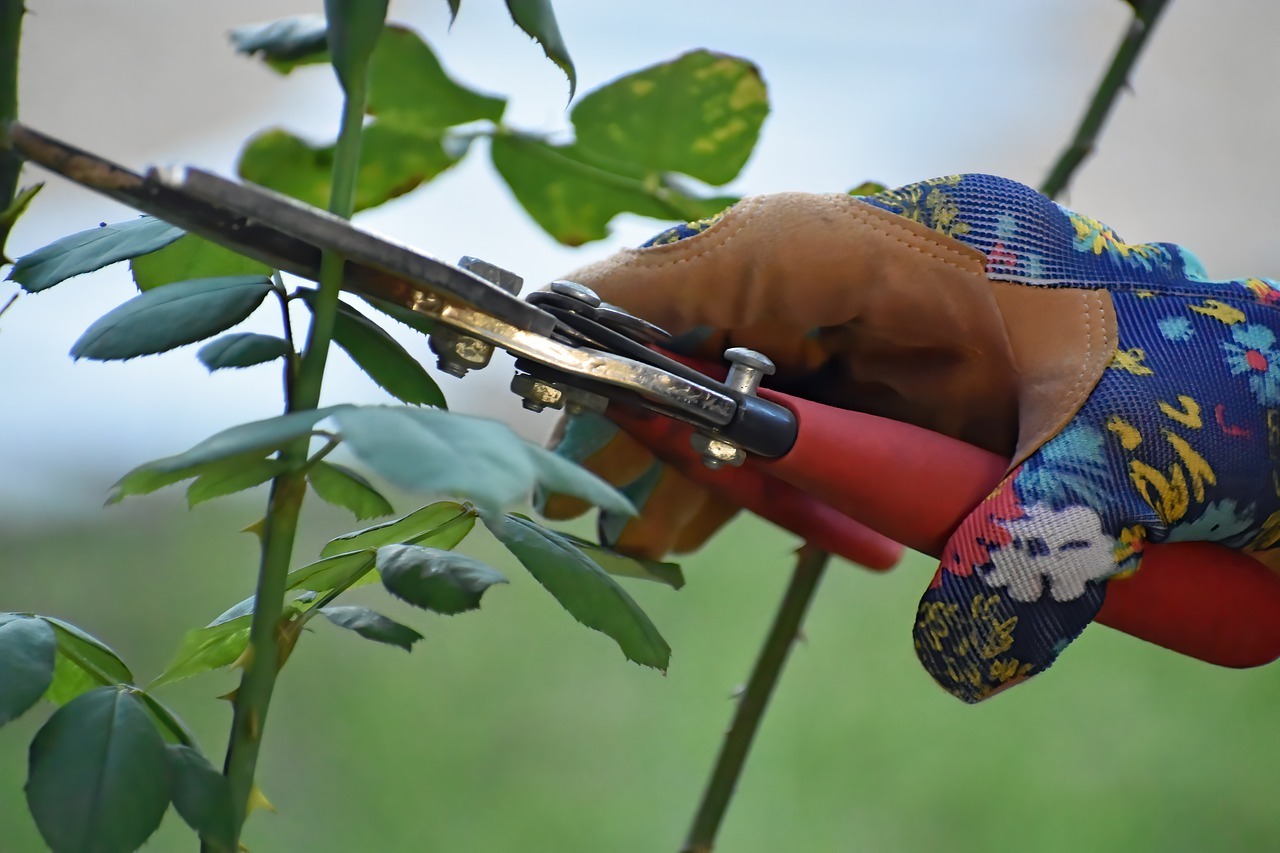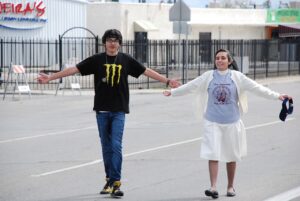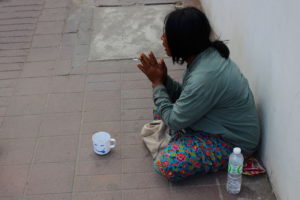Acts 9: 26-31 (RM) or Acts 8: 26-40 (RCL); Psalm 22; 1 John 3: 18-24 (RM) or 1 John 4: 7-21 (RCL); John 15: 1-8.
“After a while it really scares you how much they cut away,” a friend described watching the process of pruning grapevines in the wine-growing region of New York State. The pruners chop and trim, removing first the deadwood, then more and more of the vine and finally some of the living branches as well. He said they only leave a certain number of live buds, just enough to permit healthy growth – cut off too many, and the new grape clusters might grow fat and burst. The vine might take two or three years to come back fully from pruning. When it does, of course, the grape harvest is abundant.
Not a job for me. I feel like I should be apologizing to the bushes whenever I approach them with the hedge clippers to nip off their bright new shoots. But I rarely take on the blackberries. Their vicious thorns exact merciless revenge.
Today’s Gospel reading always feels like it comes with a dark under-layer – a surface interpretation plus a deeper implied threat. “Bearing abundant fruit” is a lovely image. But the real threat is to certain unnamed, “you know who you are” disciples who will be cut down, thrown away, burnt up, and all their own fault because in some way they are no longer in union with Christ.
On several levels this text is a sign of the times – its own times. “Vineyard” was a symbol used repeatedly in the Hebrew Bible for Israel, and of course it is God who prunes. New Testament scholars believe that chapters 15-17 were added to John at a later stage, and reflect a time of crisis characterized by the threat of persecution from without, and dissension within, the Johannine community.
The remark about pruning fruitless vines may have been aimed at members of the community who tried to hide their Christian faith under danger of persecution, rather like a face-off between a threat from Roman imperial forces on the one hand, and a threat from their own people on the other. No wonder it seems ominous.
At the same time though, we shouldn’t miss the rich and powerfully organic imagery of the life-force coursing through the veins of the well-pruned vine, into and through the branches, out to the nascent buds, soon turning each of the nodes to a heavy cluster of ripe grapes.
The imagery is at once one of God’s bounty in the fertile abundance of creation, and a Eucharistic image of the “fruit of the vine and work of human hands.” The wine that gives joy, the wine that speaks of the vibrant lifeblood connection between God and God’s people, effected in Jesus’ exhortation to his friends to “do this in memory of me.”
It’s no big stretch to compare the act of pruning with that of taking inventory of what is extraneous in our lives, what holds us back, or what we slog around carrying when it would be more life-giving and energy-producing to let it go.
For those in the Northern Hemisphere, it suits the time of year – spring was traditionally accompanied by spring cleaning. For those who may have lain fallow a bit too long, perhaps it’s a call to let go of the ghosts that may be inhabiting our minds – the old grudges, resentments, regrets, or arguments unfinished or un-won, that come back to haunt us when we’re less distracted than usual. If we truly carry the life of the Divine within us, we deserve better than to muse morosely over the deadwood, when there are fresh new buds not far under the surface, ready to pop out and grow into new possibilities, new promises, and new life.
Early one spring, I walked down my driveway and noticed my boots were sticking to the pavement. I looked up – at the stump ends of pruned branches we had lopped off the maple tree overhead last fall because in a windstorm they would have taken down the power lines.
There it was, stuck to the bottom of my boot. Sap. The revenge of the maple tree.
© Susan K. Roll
This Reflection has been lightly revised from that of May 2, 2021.
Susan Roll retired from the Faculty of Theology at Saint Paul University, Ottawa, in 2018, where she served as Director of the Sophia Research Centre. Her research and publications are centred in the fields of liturgy, sacraments, and feminist theology. She holds a Ph.D. from the Catholic University of Leuven (Louvain), Belgium, and has been involved with international academic societies in liturgy and theology, as well as university chaplaincy, Indigenous ministry and church reform projects.





It strikes me in a fresh way that the pruning is for the vitality of the vine. Still, I cringe from the pruning sheers. AND I truly long to let go of the deadwood, “when there are fresh new buds not far under the surface, ready to … grow into new possibilities, new promises, and new life.”
Many thanks.